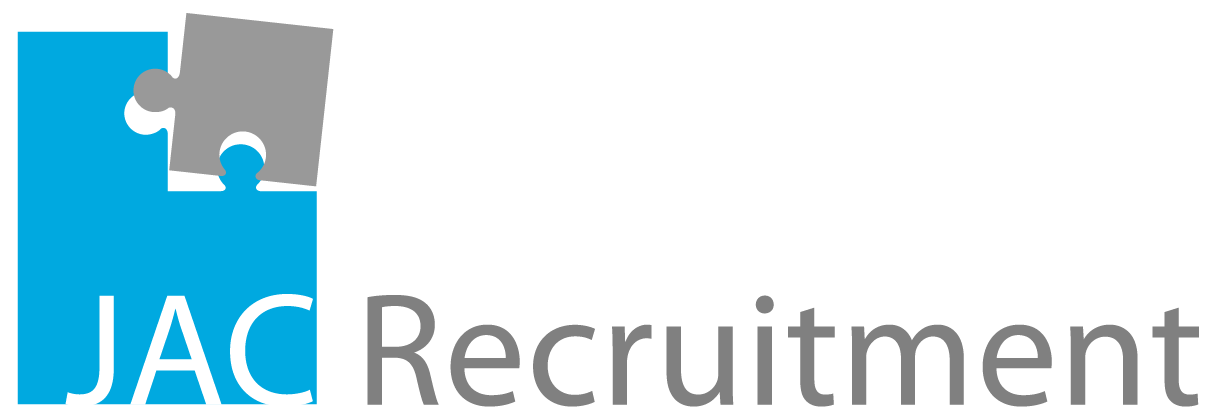[Job Seeker Interview Guide - 6]
Interviews End, But the Uncertainty Doesn’t
You have done the hard part; you showed up, had the conversation, gave it your best. Now what? For many candidates, this stage is the most uncomfortable. The silence. The waiting. The second-guessing.
You start wondering – Should I follow up? Was that a good sign? What if they’ve already moved on?
There is no formal script for what comes next, but how you handle this phase still matters. Whether it is writing that follow-up message, understanding the mixed signals, or figuring out what to do if something changes. This is where small decisions can make a big difference.
Following Up Professionally (Without Overthinking It)
You do not need a long, formal note. Just a simple, sincere thank you message sent within 24 hours.
What matters is this:
|  |
|
And when you follow up after silence?
Wait 10-14 days before checking in
Keep your message short and polite
Avoid sounding frustrated or impatient
What to say if it has been 2 weeks:
“Hi [name], just checking in to see if there are any updates regarding the [role] interview. I remain interested and happy to provide anything further if needed.”
You will not always get a reply right away, but following up shows professionalism and persistence, not desperation.
Dealing With Feedback (or the Lack of It)
Sometimes you will get detailed feedback. Sometimes it is vague. Sometimes it is … nothing. If you receive constructive feedback, take it seriously, not personally. Use it to grow, even if it stings. If you get something vague like ‘We went with a candidate whose experience was a better match”, try to reflect on:
Was it a skills mismatch?
A cultural fit issue?
Did they even have a clear idea of what they wanted?
And yes, you can always ask for more clarity. Just know that not every hiring team is willing or able to give it.
What If You Change Your Mind About the Role? It happens. You finish the interview, reflect on the conversation, and realise it is not the right fit after all. That is okay. Don’t overthink your exit. Just be respectful and direct. “I deeply appreciate the opportunity to interview. After some consideration, I’ve decided to withdraw from the process as I don’t believe it’s the right fit at thi time. I really appreciated the conversation and wish you the best in finding the right candidate.” That message keeps things positive, protects your reputation, and allows you to re-engage with the company in the future if the situation changes. | What If You Get Rejected? Rejections are disappointing, but they are rarely personal. Hiring decisions are often based on internal changes, budget shifts, or chemistry that is out of your control. You can still leave the door open: “Thank you again for the opportunity. I really appreciated the chance to speak with the team. I’d be happy to stay in touch if any future roles open up that may be a better fit.” That’s it. Professional, clear and confident, without closing any doors. |
What If You Get Another Offer Mid-Process? If another offer comes in while you are still interviewing elsewhere, timing becomes everything. What to do:
“I wanted to let you know I’ve received an offer from another company. I’m still very interested in the opportunity with [Y] company. Is there any flexibility on timelines for next steps?” This is not a threat. It is a respectful heads-up, and most hiring teams will appreciate the honesty. |
How Recruiters Can Help You Post-Interview
You are not on your own after the interview ends. If you are working with a recruiter, this is where their support really matters. They can:
Follow-up on your behalf if the company has gone silent
Help you compare offers or timelines if you are juggling options
Give you feedback (if available)
Guide you through exiting a process respectfully
“We are not just here to schedule interviews. We coach candidates through competing offers, delayed responses, and second thoughts. And we have seen almost every scenario before. Just ask.”
Continue to other sections of our Interview Guide: | |

